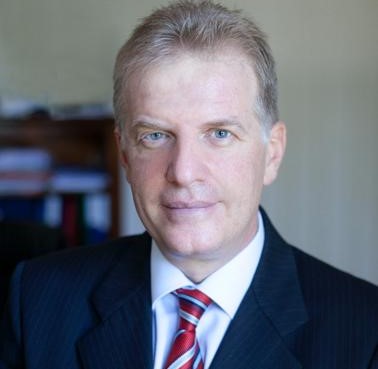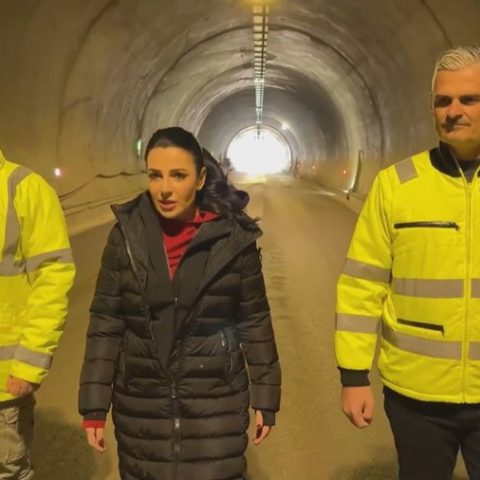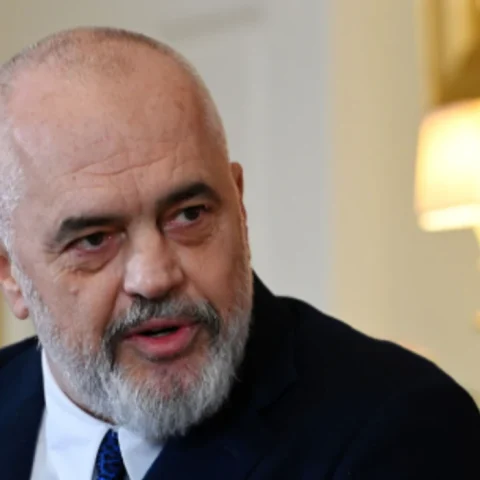TIRANA, Albania, Tirana Times, September 18,2025 — In an unprecedented scene in Albania’s 35 years of political pluralism, Parliament on Thursday approved Prime Minister Edi Rama’s new cabinet and four-year governing program within minutes and without a single debate. The session, marked by chaos, a pre-recorded appearance from a virtual AI “minister,” and the opposition’s fury, has sparked alarm at home and abroad that Albania’s fragile parliamentary democracy is being reduced to a rubber stamp.
The controversy erupted when Rama invited “Minister Diella” — an artificial intelligence avatar — to address the chamber. The move, widely viewed as a publicity stunt, was condemned by opposition deputies as propaganda. Immediately afterward, the Speaker calleda vote, skipping the traditional debate on the government’s program and ministers. For the first time since the fall of communism, Albania’s legislature passed a governing program without deliberation. Opposition MPs threw copies of the Constitution toward the Prime Minister’s bench, accusing the Socialists of violating both parliamentary procedure and democratic norms.
The confrontation inside the chamber, and the majority’s dismissal of opposition demands to debate the government’s program and composition, stems from the overwhelming parliamentary majority Rama secured in the May 11 elections. The opposition denounced those elections as a “farse,” while the OSCE/ODIHR’s observation mission reported that the contest between governing Socialists and opposition Democrats was far from equal. The Democratic Party has since branded both the Parliament and the new government as illegitimate.
The arrogance of the majority —also reflects the weakness of an opposition that is small in numbers and fractured. More strikingly, it reflects the indifference of the international environment. While Western diplomats have often served as mediators in Albania’s recurringpolitical crises, this time silence has prevailed. It is particularly notable, critics argue, that the European Union is turning a blind eye to Albania’s democratic regress while pressing forward with technical accession talks.
The EU appears to be negotiating with a “virtual Albania” on paper — where reform chaptersare opened— while ignoring the real Albania, where governance has hardened into a system dominated by one man who controls all levers of power, with no checks and balances. In this reality, grand corruption scandals go unpunished, the country is described as a money-laundering hub, and organized crime exerts growing influence over the state, raising the specter of full state capture.
The Democratic Party denounced the episode as the “execution of pluralism” in Albania. Former Prime Minister Sali Berisha branded it “an act of extreme violence against citizens,” while the opposition’s formal letter to the diplomatic corps described the session as “unprecedented and unconstitutional.” According to the letter, the ruling majority deliberatelyobstructed debate, turning Parliament into “an extension of the Council of Ministers.”
The European Union’s Delegation in Tirana also voiced concern, calling it regrettable that theAlbanian public was deprived of a full parliamentary debate. The statement underlined that Parliament must serve as a forum for transparent and constructive discussion, particularly as Albania negotiates EU accession.
Rama’s fourth consecutive mandate — the first in Albania’s post-communist history — has reinforced perceptions that power is increasingly concentrated in his hands. Prominent commentators described the new cabinet as a collection of loyalists, designed to consolidate personal authority rather than distribute power. While Rama defended the process as efficientgovernance and emphasized new female appointments, critics argued that the spectacle of “Diella” symbolized the hollowing out of parliamentary oversight.
For many observers, the episode crystallized a deeper conflict that has defined Albania’s post-communist politics: the constant confrontation between government and opposition, often escalating into institutional crisis. By eliminating debate at the very moment when checks and balances should be most visible, the Socialists have not only antagonized the opposition but also raised doubts in Brussels about Albania’s democratic credibility.
The absence of deliberation on taxes, healthcare, agriculture, and EU-related reforms has deprived citizens of transparency and weakened Parliament’s role as a site of accountability. The defining image was clear: ministers sworn in at the Presidency, a short walk to government headquarters, and inside Parliament a symbolic AI avatar replacing real debate — a government endorsed in record time, and a democracy left exposed










